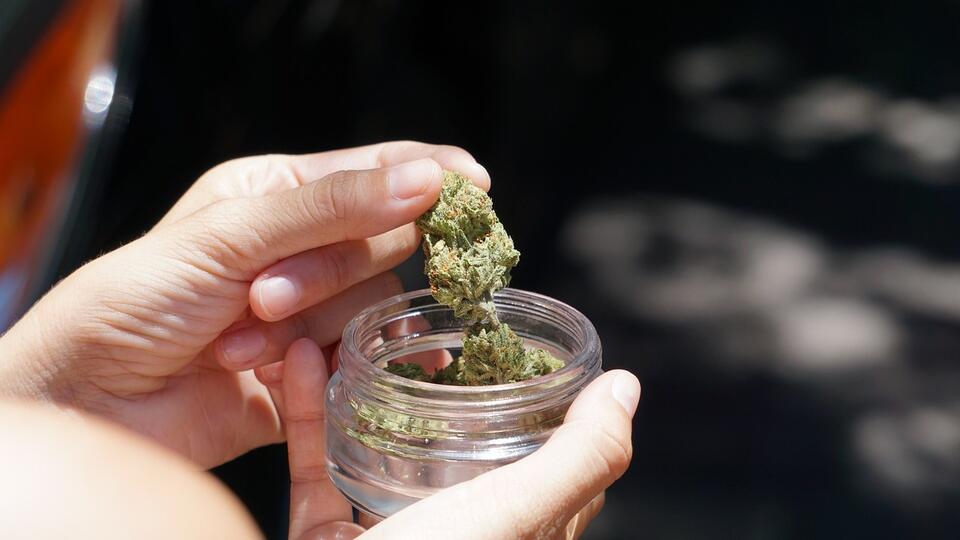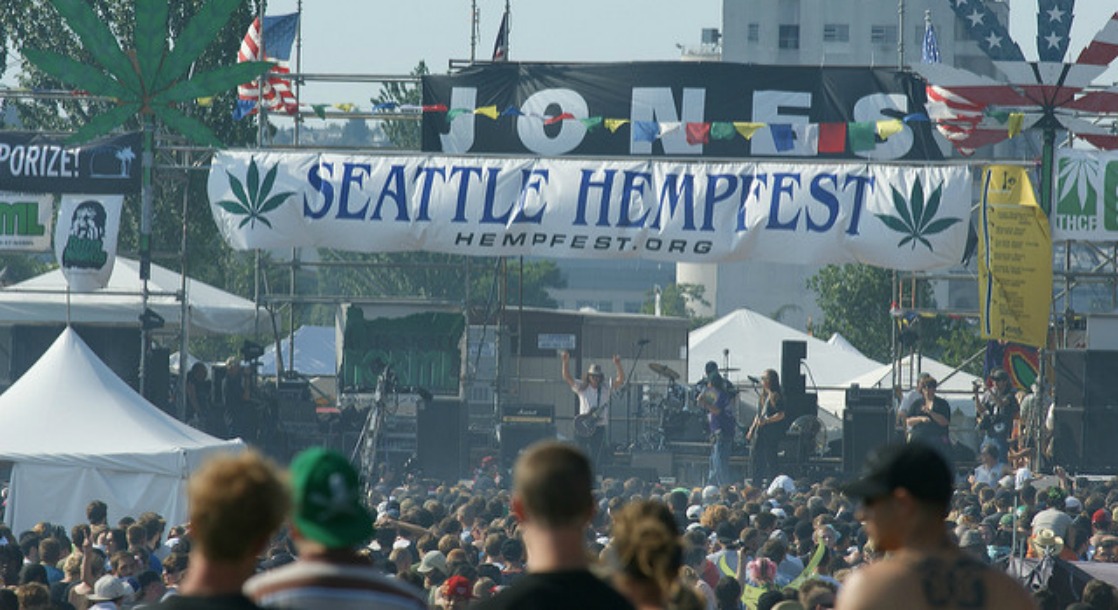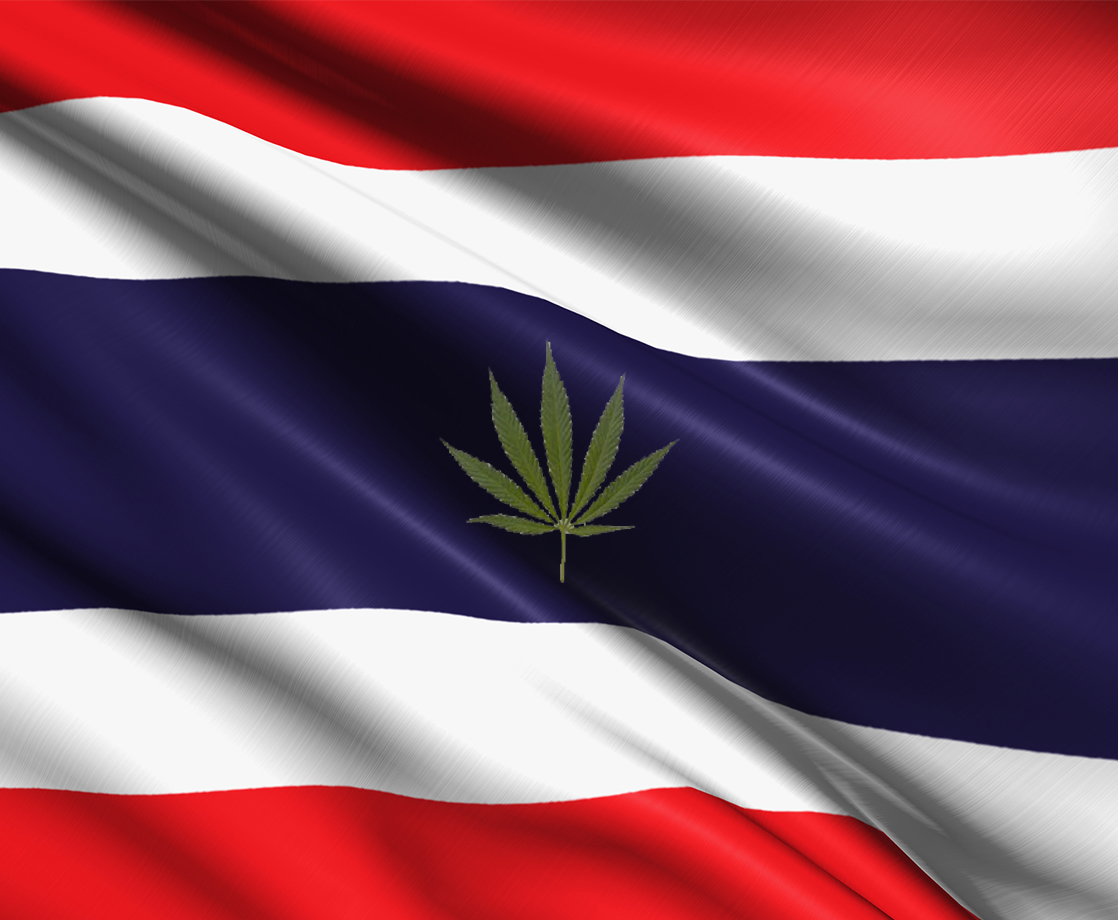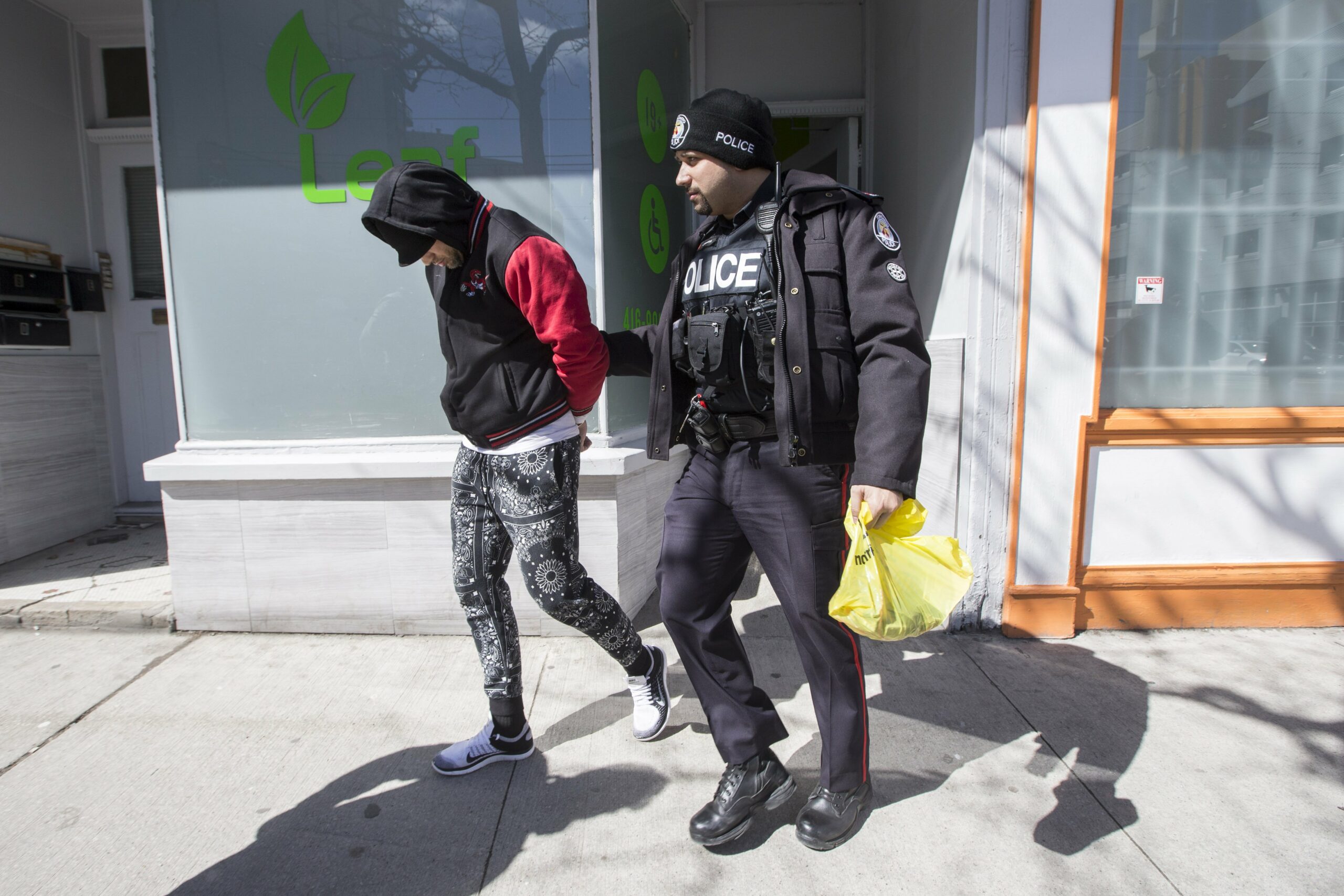Image via
More than a third of all black market cannabis products bought from unlicensed New York City pot shops tested positive for E. coli, salmonella, or lead, according to a new report.
This summer, investigators from the state Medical Cannabis Industry Association (MCIA) bought vapes, flower, edibles, and pre-rolls from several popular black market cannabis shops in NYC. Investigators purchased two products each from 20 shops, amounting to 40 illicit products in total. Each of these products was tested at a third-party lab to discover whether or not they met the state’s strict medical and recreational cannabis regulations.
Nearly 40% of all sampled products tested positive for illegal pesticides, bacteria, and heavy metals. Flowers and pre-rolls from several popular shops, including WeedWorld trucks and Empire Cannabis Club, were found to contain E. coli and salmonella bacteria. Other products tested positive for myclobutanil and other illegal pesticides, and lead and nickel were discovered in several vape carts.
All of these highly toxic contaminants can cause serious respiratory illness and long-term health consequences. E. coli can cause various illnesses, including diarrhea and lung infections. Salmonella bacteria, when inhaled, can cause high fevers and infections that are difficult to treat. Exposure to heavy metals and pesticides can increase the risk of cancer or organ failure, and these contaminants have been conclusively linked to the recent rash of vaping-related lung illness.
The MCIA also reports that every single product they bought failed to meet the state’s packaging and branding regulations. Many of the stores were caught selling edibles that copy the logos and trademarks of legit candy brands like Nerds Rope or Rice Krispies treats. These knockoff products are banned over concerns that they will appeal to children, not to mention the obvious copyright infringement concerns.
Nine of the products were also found to contain less THC than they advertised, including four with about half the amount of THC they claimed. Two packs of gummies actually had only a quarter of the advertised THC content, and one brand of flower had less than one percent THC. And on the other end of the spectrum, investigators found one gummy product with 200mg of THC, double the advertised amount.
Adult-use weed has been legal in New York for nearly two years, but the state has yet to open one legal retail shop. To meet the growing demand for weed, hundreds of black market pot shops and weed trucks have sprung up all over NYC and the rest of the state. City and state authorities have sent cease-and-desist letters to many illicit shops, and the NYPD towed several weed trucks out of Times Square this summer, but these actions have done little to stop the spread of black market bud.
“Allowing these unregulated, illicit operations to continue operating with impunity will only exacerbate an already alarming public health trend, especially among teens and young adults who either are unaware of or choose to ignore the health risks,” the MCIA wrote in its report. Investigators also found that many of these illicit shops did not check customers’ ID to ensure that they were over 21.
The MCIA is urging state law enforcement to step up and shut these illegal shops down for good, but a more obvious and effective solution is to start selling legal weed. Gov. Kathy Hochul promised that the state’s first shops would open this month, but it’s looking less and less likely that that will be the case. State regulators finally got around to issuing the first few dozen retail licenses last month, but a lawsuit from an out-of-state business owner will likely delay the process even further.
Many other adult-use states have dragged out their adult-use licensing process over multiple years, and each has struggled with black and gray market dealers as a result. But that’s not always the case. Rhode Island just started selling legal weed this week, only six months after voting to legalize adult-use sales.











